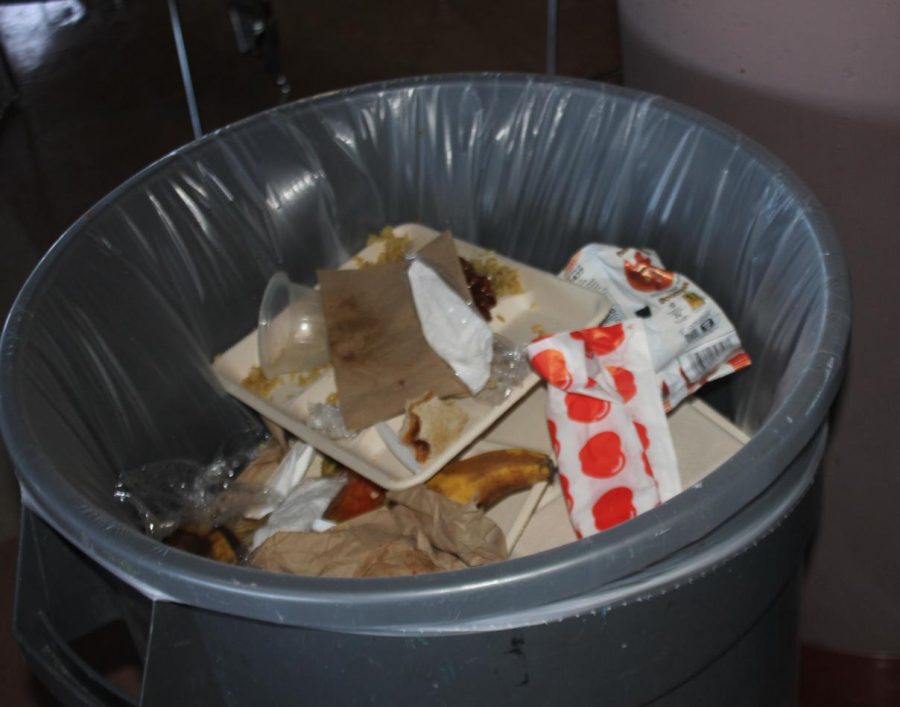Can We Erase Food Waste?
February 21, 2023
On average in America, 40 percent of all food goes to waste, according to Feeding America, a nonprofit hunger relief organization. Meanwhile, the ice caps are melting because of all the greenhouse gasses in the atmosphere, and the methane created from food waste is part of the problem.
According to Feed&Grain, an online magazine focusing on commercial feed, grain and processing industries, the United States grows 360 million tons of produce each year.
But according to Feeding America.com, the U.S. alone creates 116 billion tons of waste each year. That is 330 times more than we produce each year, and much of that food is still considered edible.
The U.S. Department of Agriculture determines established food quality grades. These grades determine the product that is found in grocery stores such as Albertsons or Walmart. The higher the quality, the higher the consumer pays at the cash register. That is one of the contributing factors to food waste: Lower-quality produce is considered waste and discarded. (Produce also perishes due to a lack of workers in fields and fluctuating weather.)
According to the U.S. Environmental Protection Agency, U.S. food waste/loss embodies 170 million metric tons of carbon dioxide, the equivalent of 42 coal power plants.
An inexpensive alternative is composting. Composting is a quick way to get rid of lawn trimmings, old produce, cardboard, dead leaves, and more. Some cities have communal composting, but according to Greenbiz.com, only 27 percent of people in the U.S. have access to some form of composting service.
In addition, portioning meals and avoiding creating extra food can help reduce the overall amount of waste produced. Extra food can also be donated to organizations such as Roadrunner Food Bank or the Food Depot.
Changing a habit of wasting and considering that perishable foods can be donated to these nonprofit organizations can help feed hungry people instead of wasting food. This would bring us one step closer to changing our world, one step at a time.


